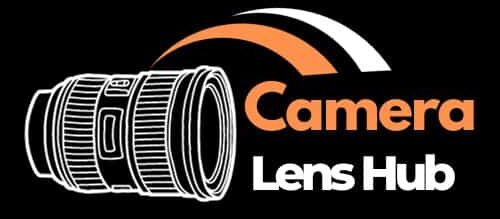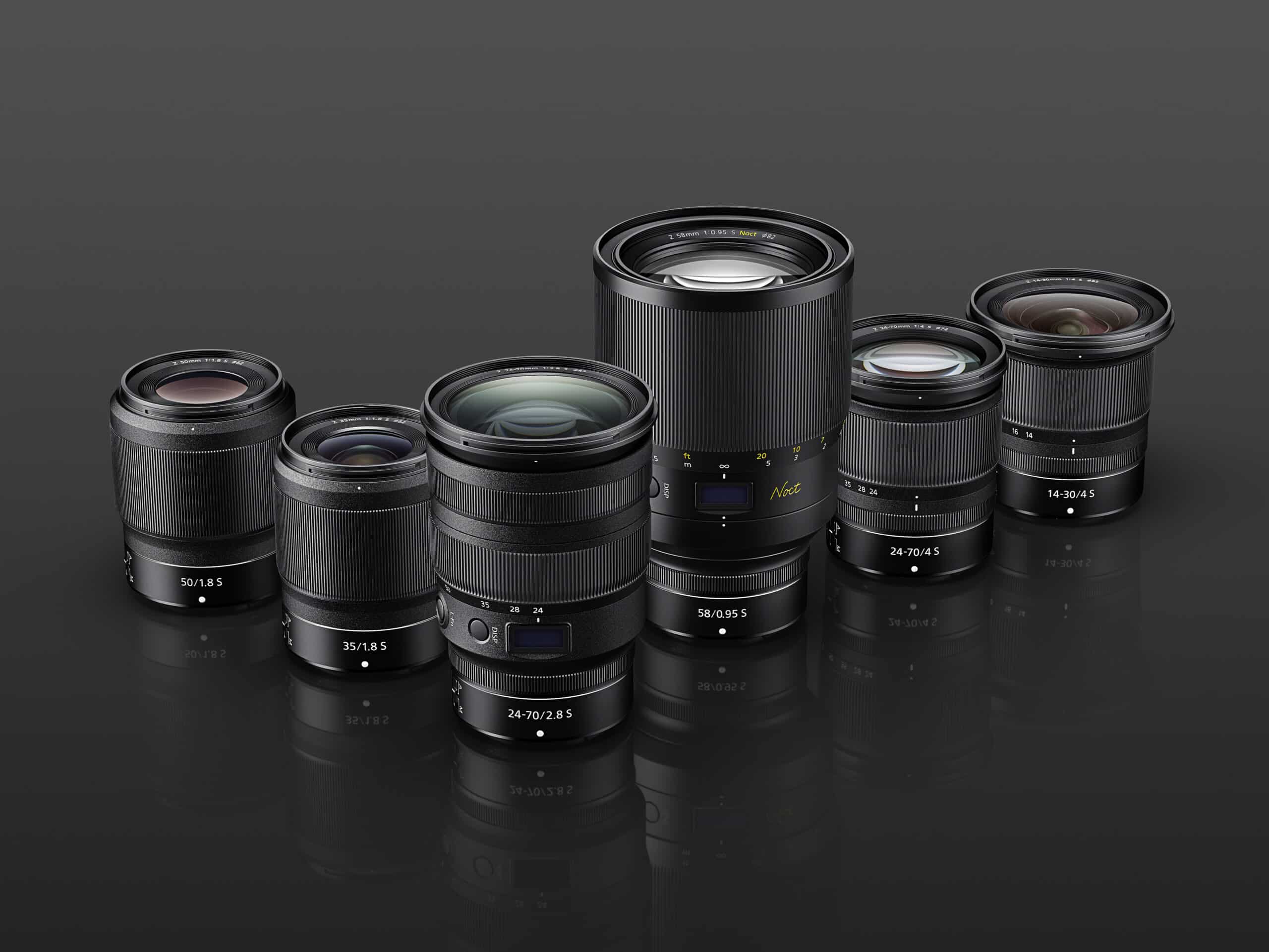Camera lenses are a crucial component of photography, and their value can be significant, especially for professional photographers and enthusiasts. The photography industry has seen significant advancements over the years, and with the rise of digital photography, camera lenses have become essential tools for both amateur and professional photographers. As technology advances and new lenses are developed, older lenses can become less desirable, leading to a decrease in their resale value. However, many photographers still appreciate the unique characteristics and aesthetic qualities of older lenses, making them worth reselling. One question that often arises is are camera lenses are resellable.
This comprehensive post will delve into the resellability of camera lenses, exploring the factors that affect their value, the best practices for buying and selling used lenses, and the overall market dynamics. Whether you are a professional photographer looking to upgrade your equipment or an enthusiast seeking to expand your collection, understanding the resale value of camera lenses can help you make informed decisions and find the right lenses for your needs.
The Value of Camera Lenses
Longevity and Durability:
Camera lenses are known for their durability and longevity. Unlike camera bodies, which often become obsolete as technology advances, lenses can remain relevant for many years. High-quality lenses, particularly those from reputable brands like Canon, Nikon, and Sony, are built to last. Their robust construction and precision engineering mean they can withstand extensive use and still maintain their performance.
Retained Value:
One of the primary reasons camera lenses are resellable is their ability to retain value. While electronic devices like camera bodies depreciate rapidly due to technological advancements, lenses depreciate at a much slower rate. This is because the core optical technology in lenses does not change as quickly as digital sensor technology. As a result, a well-maintained lens can retain a significant portion of its original value even after several years of use.
Factors Affecting the Resell Value of Camera Lenses
Brand and Model:
The brand and model of a lens play a crucial role in determining its resale value. Lenses from renowned brands like Canon, Nikon, Sony, and Leica typically hold their value better than those from lesser-known manufacturers. Additionally, lenses that are part of a company’s flagship series or those that have garnered a reputation for exceptional performance are more desirable in the used market.
Condition:
The condition of a lens is perhaps the most significant factor affecting its resale value. Potential buyers look for lenses that are free from scratches, fungus, dust, and other defects. Lenses that have been well-maintained and show minimal signs of wear can command higher prices. It’s essential to keep lenses clean and stored in proper conditions to preserve their value.
Age and Technological Advancements:
While lenses do retain their value better than camera bodies, they are not entirely immune to the effects of age and technological advancements. As new lens models with improved features and performance are released, older models may see a decline in value. However, this depreciation is typically gradual, and classic lenses with unique characteristics may even appreciate over time.
Market Demand:
The demand for specific lenses can fluctuate based on trends in photography and changes in technology. For instance, the rise of mirrorless cameras has increased demand for compatible lenses, while the market for certain DSLR lenses may see a decline. Understanding current market trends and the popularity of specific lens types can help sellers price their lenses appropriately.
Best Practices for Selling Used Camera Lenses
Accurate and Detailed Descriptions:
When selling a camera lens, providing an accurate and detailed description is crucial. Include information about the lens’s brand, model, focal length, aperture, and any special features. Be honest about the condition of the lens, noting any imperfections or signs of wear. Clear, high-resolution photos of the lens from multiple angles can also help attract potential buyers.
Proper Packaging and Shipping:
Proper packaging is essential to ensure the lens reaches the buyer in the same condition it was advertised. Use bubble wrap and sturdy boxes to protect the lens during shipping. It’s also a good idea to purchase insurance for the shipment, particularly for high-value lenses, to cover any potential damage or loss during transit.
Setting a Fair Price:
Researching the current market value of similar lenses can help you set a fair price for your lens. Websites like eBay, KEH, and B&H Photo have sections for used gear where you can see what similar lenses are selling for. Pricing your lens competitively can increase the chances of a quick sale while ensuring you get a fair return on your investment.
Selling Platforms:
There are several platforms available for selling used camera lenses, each with its advantages:
- Online Marketplaces: Websites like eBay and Amazon provide a broad audience, increasing the likelihood of finding a buyer. However, these platforms may charge fees for listing and selling items.
- Photography Forums: Communities like FredMiranda and DPReview have dedicated sections for buying and selling gear. These platforms can connect you with knowledgeable buyers who understand the value of quality lenses.
- Local Classifieds: Websites like Craigslist and Facebook Marketplace allow for local transactions, which can save on shipping costs and allow buyers to inspect the lens in person before purchasing.
- Camera Shops: Some camera shops buy used lenses or offer consignment services. While you may receive slightly less than selling directly to a buyer, this option can provide a hassle-free selling experience.
Buying Used Camera Lenses
Benefits of Buying Used:
Buying used camera lenses can offer several advantages:
- Cost Savings: Used lenses are typically cheaper than new ones, allowing photographers to acquire high-quality gear without breaking the bank.
- Access to Classic Lenses: Some older lenses have unique optical qualities or characteristics that are no longer available in new models. Buying used can give photographers access to these classic lenses.
- Testing and Reviews: Established lenses often have a wealth of reviews and user experiences available online, making it easier to understand their performance and potential issues.
Considerations When Buying Used:
While buying used lenses can be advantageous, it’s essential to consider a few factors:
- Inspecting the Lens: If possible, inspect the lens in person before purchasing. Check for any physical damage, scratches on the glass, and the presence of dust or fungus inside the lens. Test the autofocus and aperture mechanisms to ensure they are functioning correctly.
- Seller Reputation: When buying online, consider the reputation of the seller. Look for sellers with positive feedback and reviews. On platforms like eBay, check the seller’s rating and read comments from previous buyers.
- Return Policy: Ensure the seller offers a return policy or some form of buyer protection. This can provide peace of mind in case the lens does not meet your expectations or arrives in a condition different from what was described.
The Future of Camera Lens Resellability
Technological Advancements:
As technology continues to advance, the market for camera lenses will inevitably evolve. New lens designs with improved optics, coatings, and features will be introduced, which may affect the resale value of older lenses. However, the fundamental optical principles of lenses are less susceptible to rapid obsolescence compared to digital sensors, suggesting that lenses will continue to hold value over time.
Sustainability and Circular Economy:
The concept of a circular economy, which emphasizes the reuse and recycling of products, is gaining traction in various industries, including photography. As awareness of environmental sustainability grows, the demand for used and refurbished camera gear is likely to increase. This trend could further enhance the resellability of camera lenses, as more photographers seek to reduce their environmental impact by purchasing second-hand equipment.
The Role of Online Marketplaces:
Online marketplaces will continue to play a crucial role in the buying and selling of used camera lenses. These platforms are becoming more sophisticated, with features like secure payment systems, buyer protection, and detailed product listings that enhance the buying and selling experience. As these platforms evolve, they will likely facilitate more transactions and provide greater transparency in the used lens market.
Community and Peer-to-Peer Sales:
The photography community is vibrant and supportive, with many photographers willing to buy and sell gear within their networks. Peer-to-peer sales, facilitated through online forums and social media groups, will remain an important avenue for reselling camera lenses. These transactions often come with the added benefit of trust and shared knowledge, as buyers and sellers are part of the same community.
Key Takeaways for Successful Lens Reselling
As we conclude our exploration into the world of Are Camera Lenses Resellable, it’s essential to recap the main points discussed and highlight key takeaways for photographers looking to maximize the value of their gear:
1. Thorough Research and Preparation:
- Before embarking on the journey of lens resale, it’s crucial to conduct thorough research on market trends, demand, and pricing. Take the time to assess the condition and unique attributes of your lenses, gather documentation, and strategize your selling approach accordingly.
2. Understanding Market Dynamics:
- Factors such as the condition of the lens, brand reputation, market demand, and timing play pivotal roles in determining the resale value of camera lenses. By understanding these dynamics, photographers can make informed decisions and set realistic expectations for their resale ventures.
3. Exploring Various Selling Channels:
- Numerous platforms and channels are available for selling camera lenses, each with advantages and considerations. Photographers should explore multiple avenues to find the best fit for their needs and preferences, from online marketplaces to speciality stores and trade-in programs.
4. Maximizing Value Through Strategic Selling:
- Implementing proven strategies such as keeping lenses in pristine condition, providing thorough documentation, setting competitive prices, and leveraging negotiation tactics can significantly impact the resale value of camera lenses. By adopting a proactive and strategic approach, photographers can optimize their returns and fund future investments in their craft.
Conclusion
In conclusion, camera lenses are highly resellable assets in the photography world. Their durability, ability to retain value and continued relevance in the face of technological advancements make them attractive options for resale. By understanding the factors that affect the value of used lenses and following best practices for buying and selling, photographers can make informed decisions and maximize their investment.
Whether you’re looking to upgrade your gear, reduce your environmental footprint, or simply find a great deal on a high-quality lens, the used lens market offers a wealth of opportunities. With careful consideration and attention to detail, both buyers and sellers can benefit from the resellability of camera lenses, ensuring that these valuable tools continue to be utilized and appreciated for years to come.
People May Ask
1. How much can I get for my used camera lens?
Answer: The resale value varies but is typically 50-75% of the original price, depending on brand, model, condition, and market demand.
2. What should I check when buying a used camera lens?
Answer: Inspect for scratches, dust, and fungus, and test the autofocus, aperture blades, and image stabilization for proper functionality.
3. Which platforms are best for selling used camera lenses?
Answer: Popular platforms include eBay, and Amazon, photography forums like Fred Miranda, local classifieds like Craigslist, and camera shops.
4. How can I ensure a smooth transaction when selling a lens?
Answer: Provide accurate descriptions, clear photos, proper packaging, and use secure payment methods. Consider offering a return policy.
5. Do camera lenses depreciate quickly?
Answer: No, camera lenses depreciate slower than camera bodies, retaining value well due to their durable construction and slower technological advancements.

